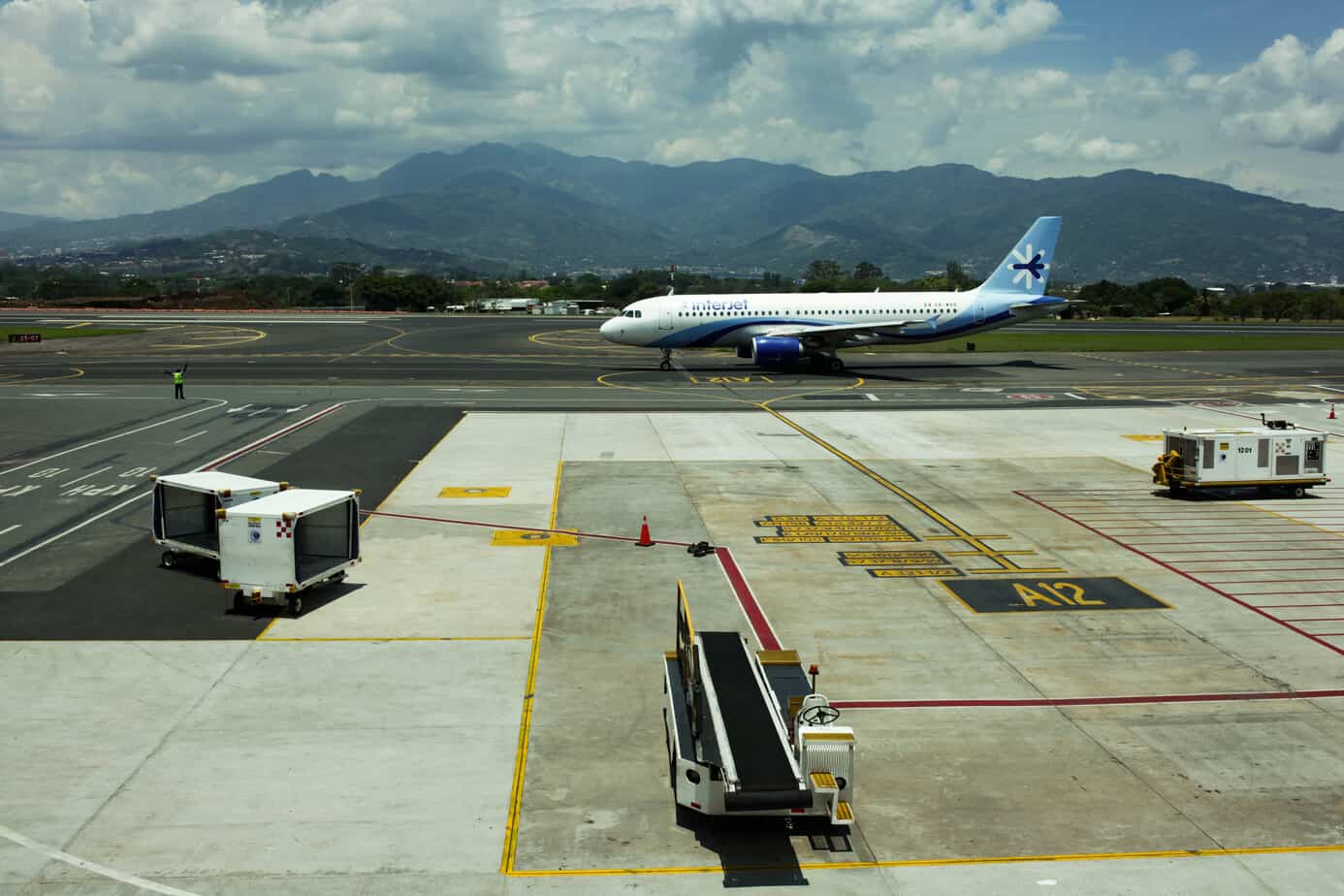President Carlos Alvarado this week signed a decree that aims to encourage international tourism to Costa Rica by reducing the cost of jet fuel for airlines.
A press release from the Costa Rican Tourism Board (ICT) explains the executive decree eliminates a subsidy that airlines have to pay on jet fuel purchased in Costa Rica. The subsidy, though representing less than two cents a liter, can quickly add up; a Boeing 737-800 uses about 3,200 liters of fuel per hour.
ICT hopes that by eliminating the fee, airlines will be able to reduce ticket prices to Costa Rica. Cheaper fuel costs could also motivate airlines to launch new routes to the Central American country.
“Tourism is one of the most important economic and cultural activities that the country has, both for the productive chains that it generates, and for the cultural exchange with other nations. Hence our main interest is providing a prompt solution to entrepreneurs in this sector,” said President Carlos Alvarado.
The International Air Transport Association (IATA) says jet fuel represents 23.7% of airline operating expenses. Jet-fuel prices are linked to crude oil, which has become significantly cheaper during the coronavirus pandemic.
Fuel costs are one piece of a complicated puzzle for airlines, which have almost universally struggled in the face of the pandemic. Travel restrictions and plummeting demand have grounded several carriers, and Avianca — the second-largest airline in Latin America — has filed for bankruptcy protection.
Most airlines have suspended service to Costa Rica until at least mid-June. In 2019, 73% of international visitors to the country (2,314,888 people) arrived via air.
During the coronavirus crisis, Costa Rica has welcomed fewer than 600 people each day, according to the latest data provided by the Public Security Ministry. That’s in large part due to border restrictions which have banned the entry of foreign tourists until at least June 15.

